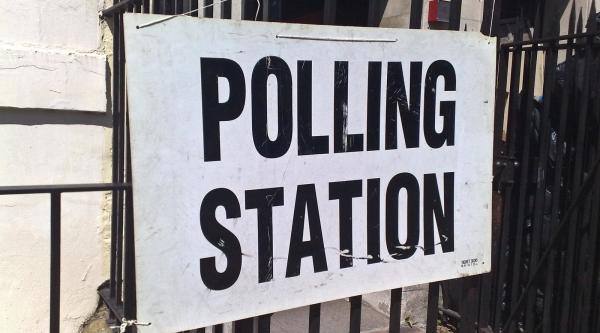We urge amendment to cost of care cap as plans benefit just one in five people with dementia
Alzheimer's Society backs a Health and Care Bill amendment calling for means-tested payments for those with fewer assets to count towards £86,000 cap.
Alzheimer’s Society is warning that up to 80 per cent of people living with dementia would not benefit from the Government’s proposed £86,000 social care cap, due to the removal of protections for the less wealthy.
Alzheimer’s Society welcomes the introduction of a cap on care costs from 2023 as a significant step forward towards supporting people to pay for their care but says that, according to new research it commissioned from the New Economics Foundation, the cap currently proposed in the Health and Care Bill will only be reached by one in five people living with dementia1.
The research also finds that the wealthiest people with dementia are set to benefit most under the current proposals, while regional inequalities mean those living in the North and Midlands are less likely to reach the cap compared to other regions2.
The dementia charity is supporting an amendment to the Health and Care Bill being laid in the House of Lords this week, which would see local authority funding count towards the £86k figure, meaning more people with dementia who have fewer assets would benefit.
Fiona Carragher, Director of Research and Influencing at Alzheimer’s Society said:
‘People with dementia are the largest users of social care and many have faced crippling costs just to be able to live their lives with safety and dignity.
'The cap on care costs is a huge step forward - but the Government must now take this moment to get the details right and ensure that it’s fair and equitable for all.
'Right now, the Government’s proposals would benefit the wealthiest most and financially punish people with dementia who are less well off, particularly those outside of the South East.'
This is not levelling up - but further deepening regional inequalities and hitting the most vulnerable people hardest.
'The proposed cap on care costs would only benefit a fifth of people with dementia, so we urge the Government to remove Clause 155 from the Health and Care Bill, ensuring that local authority means-tested funding counts towards people’s cap on care costs.
'This will be a significant step towards ensuring the least wealthy people who are living with dementia are protected from disproportionate and catastrophic care costs'.
Commissioned research
Research conducted by the New Economics Foundation, commissioned by Alzheimer’s Society, shows that under the Government’s current proposals, just 21 per cent of people with dementia entering care would reach the cap1, at which point the state would step in to cover payments.
The study found that were the Government to instead implement the ‘Dilnot model3, first proposed by Sir Andrew Dilnot in 20114, 54 per cent of people living with dementia would reach the cap.
Alzheimer’s Society believes that the arrangements for the Government’s £86k cap will see people living with dementia with the lower levels of wealth benefitting the least, they are less likely to reach the cap, compared to those who are better off4.
Under the proposed cap, the wealthiest fifth of people with dementia would see their average spend on care reduce by 26 per cent, while the least wealthy would see a drop of just 14 per cent5.
The proposals also exacerbate regional inequalities, due to house prices and levels of assets, with people living with dementia in the North East and North West worst off, and those in the South East and South West benefiting most2.
Under Government’s current proposals, which excludes local authority support, it would take those with fewer assets much longer to reach the cap, with many never reaching the cap.
Dropping Clause 155 from the Bill would ensure more people with lower levels of assets are protected and would be supported in reaching the cap quicker - therefore helping significantly more people living with dementia.
Campaign with us
We want to see a social care system that is fit for the future; one that provides quality care, that is free and easy to access, no matter where you live.







Alzheimer’s Society commissioned the work of the New Economics Foundation (NEF) to research social care costs (2021).
The following points, and PDFs linked, are Alzheimer’s Society’s analysis of this commissioned research:
N.B The figures in the report relate to all people with dementia (aged 65 and more) entering care. Those who would reach the cap would begin to receive state assistance for their care costs. Those who don’t reach the cap would be required to pay for their own care.